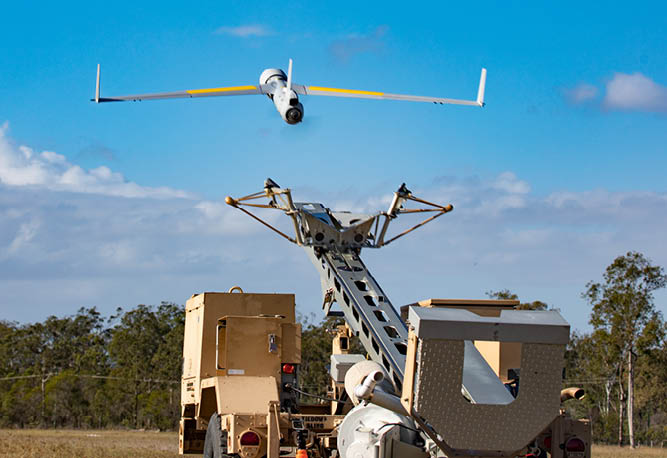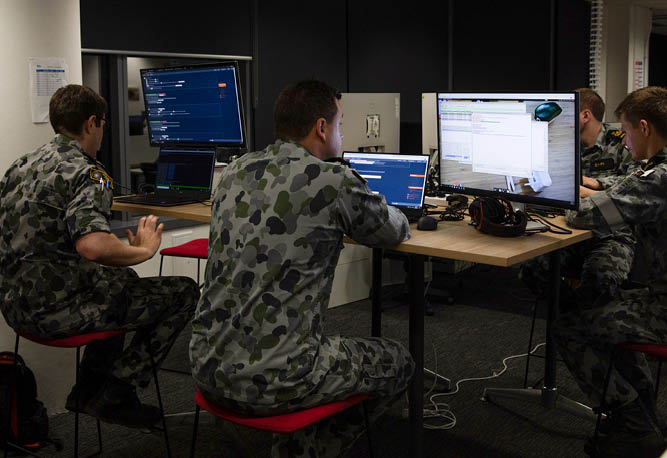Western Australia (WA) continues to strengthen the state’s position as a leader in air defence technology.
Chosen by some of the world’s largest defence companies in the research, development and testing of the latest systems and equipment, WA is at the forefront of the sector.
The state’s prime position on the Indian Ocean provides the perfect regional platform to maintain long term ties across key Asian export markets.
These mature relationships have yielded myriad benefits for WA and Australia in defence and across many other sectors including business, education and resources.
The mining, oil and gas industries have created a fertile environment for the development of new technologies.
Unmanned aerial vehicles and related technologies, systems integration and a rapid, solutions-focussed culture – honed in remote and challenging environments – can be readily adapted and applied in defence.
The range of technologies developed in WA is vast and the state has emerged as a global leader in the development of air systems.
WA’s 2020 Defence Strategy Series identified priorities where the state’s industry already has natural strengths and competitive advantages.
These included precision-guided munitions, hypersonic weapons, integrated air and missile defence systems and space capabilities as among the specialist businesses based and operating in the state.
Based in Western Australia, Orbital UAV is a world-leader in the design and manufacture of engine systems for military drones.
With a second base in Oregon, US, the company has developed industry-leading, advanced, heavy-fuel injection technology.
Built on more than 30 years’ experience in engine design, Orbital UAV provides propulsion systems to some of the world’s largest suppliers of Unmanned Aerial Vehicles (UAV) including Boeing-Insitu and Textron Systems.
Innovaero is another WA company that has established a global reputation for the development and manufacture of unmanned aerial systems, specialising in imaging and surveys.
These capabilities could be applied to the Australian Defence Force, police and emergency services.
The challenging environment in which this new technology is developed, tested and proven presents a significant competitive advantage for WA.
As well as the technological challenges, autonomous and communications capabilities are critical elements of any technology developed in these sectors – all essential requirements of any equipment operating in defence operations.
Paul Papalia is Defence Industry and Veterans Issues Minister for the Government of Western Australia.
“Western Australia is a global hub for the development of technologies that lead the world in mining, oil, gas and defence systems.”
“The state comprises a third of the continent’s land mass and companies have become experts at developing technologies and logistics to mobilise people and equipment across vast distances with no external support,” said Minister Papalia.
Australia’s defence spending over the next decade will be an estimated $270 billion.
The COVID-19 pandemic has brought into sharp focus the importance of international relations.
WA has established strong relationships with key Asian export markets, with a quarter of Australian trade with ASEAN’s ten nations originating in the state.
WA’s universities collaborate on defence matters under the banner of Team WA. They are supported by the Defence Science Centre, whose responsibility is to tap into defence-related research at the highest levels.
The Binar-1 CubeSat program at Curtin University demonstrates the state’s ability to leverage commodity manufacturing to create innovative, cost-effective sovereign capabilities for Australian universities, industry and defence.
Minister Papalia added: “Our unique position, in both our capabilities and location, is recognised by the companies, governments and international trade partners who choose WA as a business destination and partner.”












